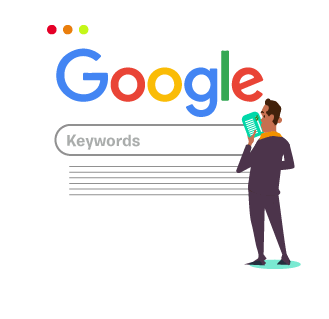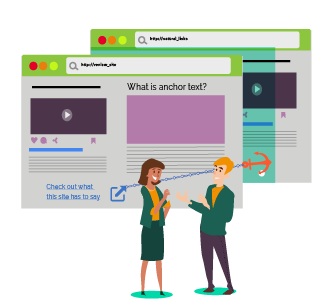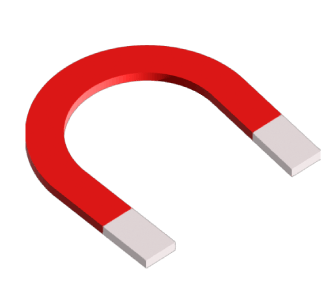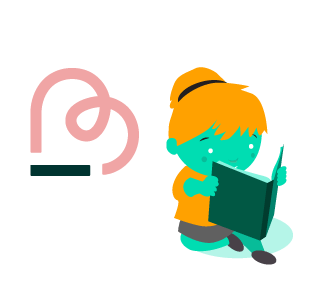So, you’ve written a piece of killer content on a topic you know your target audience will want to read.
But how do you make sure it ranks highly enough for them to see it?
It’s time to optimise your content using keywords.
If you’re familiar with on-page SEO, then you’ll know that historically, keywords were one of the largest factors in determining your ranking success.
In the past, content creators produced lots of articles and pages stuffed with as many keywords as possible in order to rank highly on Google.
Though keywords are still important today, search engines are far more sophisticated and understand that high instances of a keyword doesn’t necessarily equate to quality and helpful content.
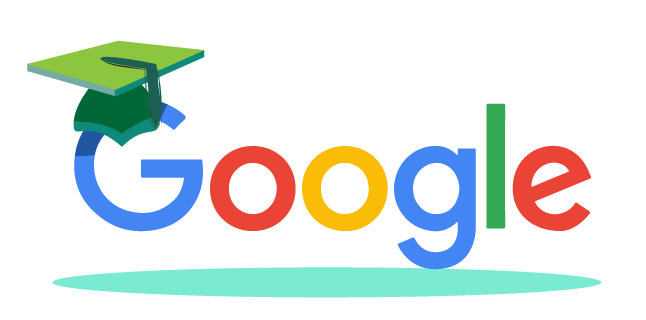
And so now, to have success with your content marketing, you need to be relevant.
In short, you need to ask whether your content really answers what the reader searched for?
On-page SEO is not all about exact keyword matches anymore
Yes, exact matches are still paramount, and you still want to include instances of them in your copy – but search engines are smart enough to understand synonyms and semantically-related keywords.
Instead, for your best chances of SEO success, ensure you’re creating genuinely relevant, engaging and informative content. Embed your main keyword in it, and if applicable, a cluster of related keywords.
Google will do the rest.
Focus on using keywords to optimise your content. There are a few key ways to improve your on-page SEO:
Use titles to both engage search engines and readers
Even before a user clicks on your webpage, the content’s title is what catches their attention.

It’s the first piece of interaction a new visitor will have with your business and sets their expectations as to what they will be reading.
And so, you want to ensure you have a well-written and relevant title that piques the interest of the reader and entices them to click on your page.
Always put your audience first, but don’t forget the search engine
Audience aside, if you want to rank well in SERPs, then you also need to make sure you are optimising your titles when uploading new content.
Optimising your titles is an important factor that search engines use in determining whether your content is relevant to a user’s search query.
If you want to boost your rankings, then make sure your titles are telling search engines that you are relevant to your target audience’s queries.
It’s standard practice to wrap the main title on your webpage in the h1 HTML tag. This tells Google that it’s the name of your page and helps search engines understand what your page is about.
These title tags can also help you to rank higher if you incorporate your content’s target keyword into them.
Improving your titles is one of the simplest on-page optimisations you can do. It’s great practice to get into the habit of including your keyword-enriched main title and subheadings in HTML tags.
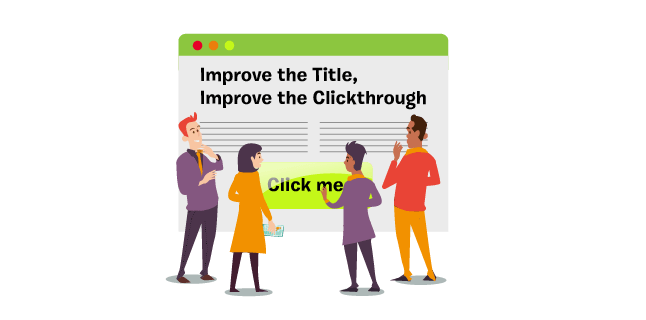
Just remember not to overdo it with your keywords though, as this will be misinterpreted as stuffing which could prevent your page from ranking entirely.
Always keep in mind that you are writing content that pleases the reader and satisfies their searches. Cause confusion with spammy titles, and they’re not going to click on your page.
Don’t forget to keep it unique
All the pages on your website should be different, with no duplicated content. And the same goes for your titles. Make sure you customise them. Ensure they reflect the content on that specific page and explain exactly what your content is about.
Put yourself in the shoes of your target audience and think about what titles they may be looking for – it’ll help you to keep your titles unique and authentic.
Meta Descriptions
A meta description provides internet users with a brief summary of a webpage’s content.
Just like your title, it has a huge influence on your click through rates as users decide whether the content will be relevant to what they searched for.
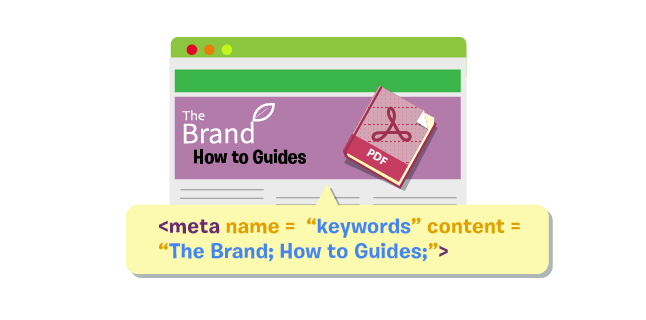 Meta descriptions can be any length, but most search engines only display around 155-160 characters of text. Therefore, you want to ensure your meta description is sufficiently descriptive without being too long and risk being cut off.
Meta descriptions can be any length, but most search engines only display around 155-160 characters of text. Therefore, you want to ensure your meta description is sufficiently descriptive without being too long and risk being cut off.
A good meta description should include everything that a good page of content would have. It needs to read in a natural yet authoritative way. It should also have a compelling description that employs the main keywords that your page is targeting.
Just like your titles, you want to make sure your meta descriptions are personal to your webpage and are unique from other website’s descriptions. Otherwise, what reason do you have for visitors to come to your site?
Multiple Keywords and Phrases
It’s highly unlikely that you’ll ever want to target a single keyword on your website.
Instead, it’s far more likely that you have a list of related terms and phrases incorporated into your long-term content marketing plan.
This is because just as two people aren’t identical, neither are the way they search. All users’ searches queries are pretty unique from one another, and there is never one keyword that can address all queries.
Think about when users perform a search query. Chances are they’ve typed at least one of the keywords your content is targeting. However, it’s rather probable that from user to user there are a few variations in the way they are voicing their search.
For example, if you are a small tech store that wants to inform users about the best TVs on the market, you’ll probably conduct a keyword research query to see what words and phrases you may want to produce content about.
Not everyone is going to be searching for the search term ‘TVs.’ Instead, there may be multiple phrases which are related to the main keyword you want to rank for.
For example, you may see that ‘best TVs in 2020,’ ‘best TV for a small living room,’ or ‘freestanding or wall-mounted TV’ and other similar terms are showing up in the popular search terms.
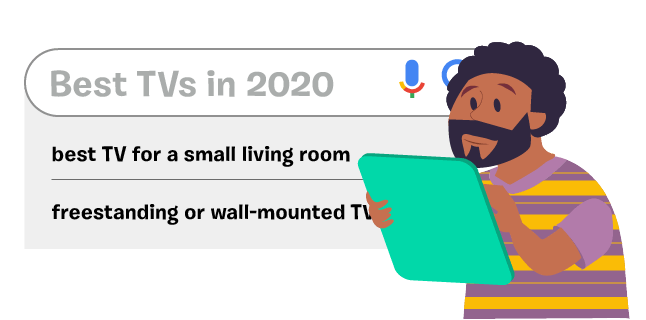
These phrases can offer valuable insights into what the users’ intents are when searching. They can also make it even easier to build multiple keywords into one piece of content. This means you can address some of the most searched-for queries in one go.
For example, you could create a piece of content about ‘the best TV for small rooms.’ The content could delve into different types of TVs and what works best for the space, as well as which products are currently the market leaders.
You’ll be addressing your main keywords, as well as a small cluster of relevant search terms which can help you to reach more people in the long-term.
Remember, this is because search engines like Google, understand semantically-related keywords, terms and synonyms.
Targeting multiple phrases can also help your overall rankings
Currently, 64.4% of pages that rank in position 1 for keywords are ranking for more than one keyword.
This means that if you rank highly for one keyword, then it’s likely that you’ll also rank for others. These will be less competitive and long-tail keywords, which will serve to improve your overall rankings.
Likewise, if you rank for lots of similar long-tail terms, then you’re also telling Google that you are an expert in your field, strengthening your positions for the shorter and more competitive keywords.
However, though it can seem appealing to target lots of different search queries in a single piece of content, it’s important not to squeeze too many unrelated keywords into your page. Break content up to make it more readable and engaging.
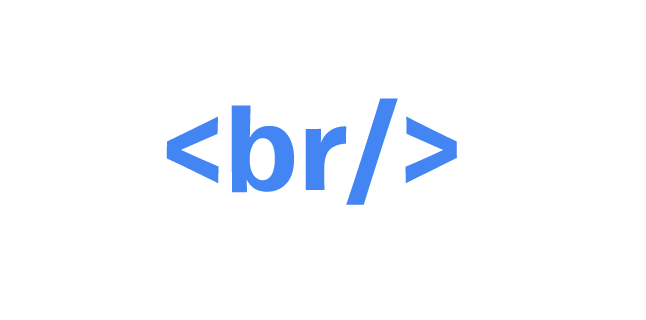
Pick related phrases that share one main keyword, otherwise you’ll create a confusing piece of content which tries to address all sorts of queries.
You’ll end up with a high bounce rate and a visitor who’s more confused than before they started their search. Instead, link several pieces together so the customer can move in a new direction if they want to.
Just remember, to succeed on Google, you need to be relevant to a user’s search query. Make informative, engaging, and authoritative pieces of content that address one particular topic or query.
Alt Tags
We know that text isn’t the only way that people are searching for content anymore.
Today, around 10% of searches on Google are conducted on the image search page (images.google.com). For some perspective, around 55% of all internet users search on the main Google search page (google.com). This means there’s a lot of traffic arriving on websites which has come from image searches.
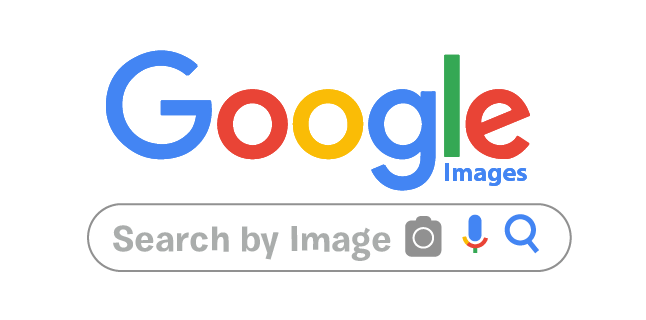
However, most people conducting these searches aren’t just searching for images to use as their wallpaper or to stick in a presentation. Instead, they’re looking visually to find answers in content which surrounds an image.
Google’s John Mueller has even said it himself; ‘Lots of people search visually in Google Images, and the image is just a snippet for the result, it’s not the thing they’re looking for.’
And so, if your content includes images, then it’s important to optimise them so you’re not missing out on potential visitors.
Your alt tags – another type of HTML code – should be used to describe your images. This is the text that could show on the screen should your image fail to load. Or if your visitor is using a screen reader and wants to know what your content is about. Therefore, you want to describe your images as accurately as possible.
Alt tags are also the pieces of code which tell Google what your image is about. Just like your meta title and meta descriptions, if your alt tag includes your main keyword, then it will index your image for that keyword.
Optimising your images is just another way that you can use keywords to improve your chances of ranking highly and drawing more traffic to your website.
Together, with optimised meta titles and descriptions, as well as genuinely authentic and engaging content that incorporates relevant keywords and phrases, you’ll be well on your way to improving your rankings.
Starting your keyword planning? You may want to outsource it to a marketing consultant
Once you have your keywords, the process of implementing them and optimising your content can be rather easy and fun.
However, conducting detailed keyword research and creating a comprehensive content marketing plan can be a time-consuming and costly task, especially if you’re just starting to branch out online.
That’s where a marketing consultant could help. Working with you directly to target the audiences that are most interested in your business. I can help you to research, create and implement an actionable content marketing plan that can help you drive real growth for your business online.
Why not get in contact today for an obligation-free chat? I’d love to hear more about your SEO goals and how I could help you to reach them.
